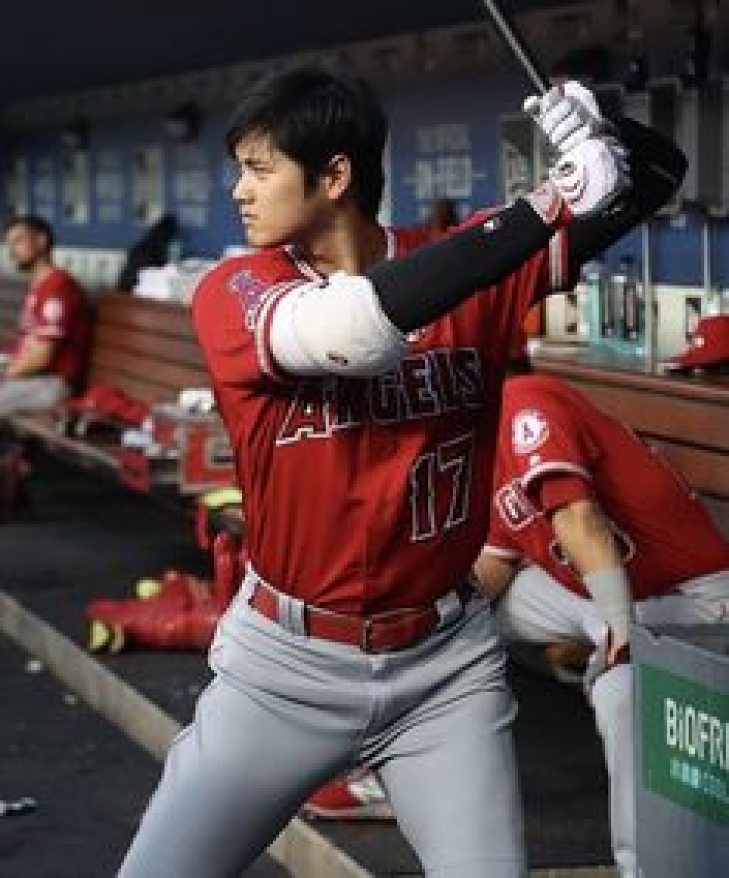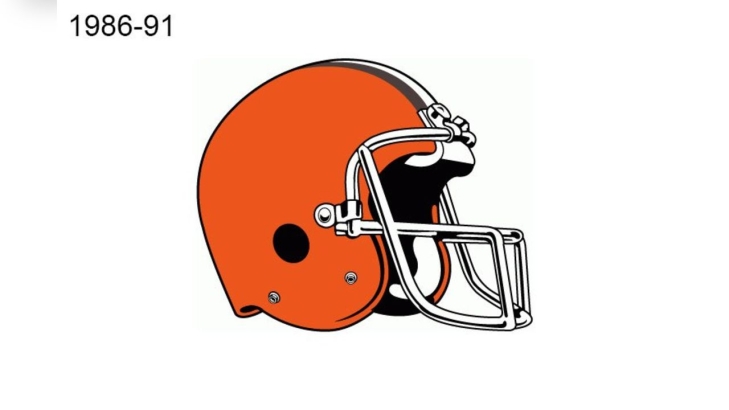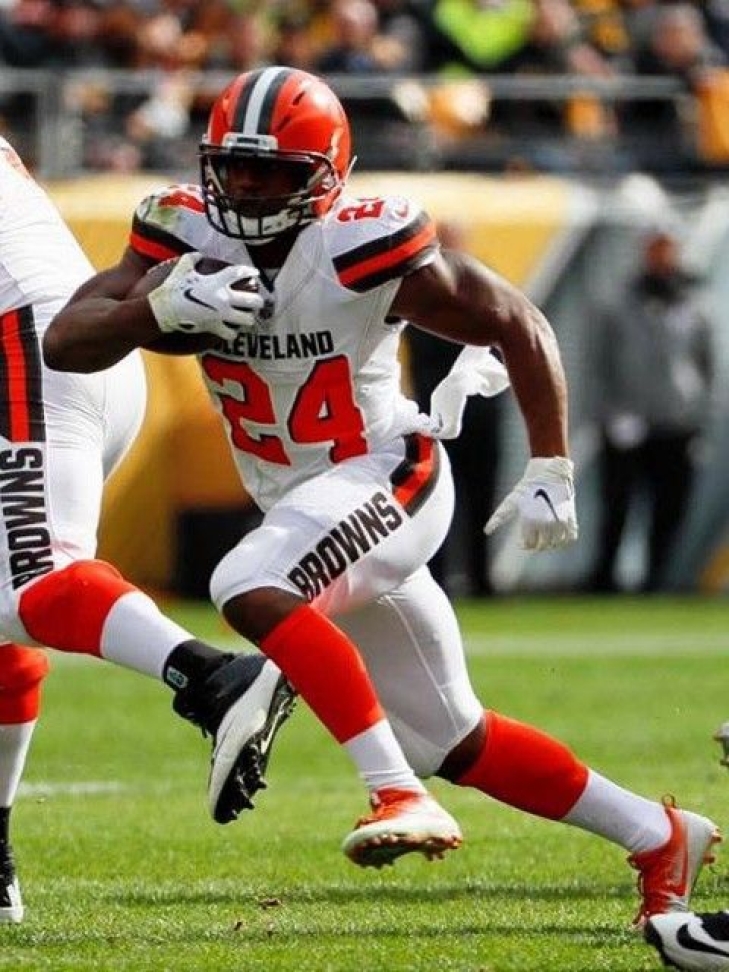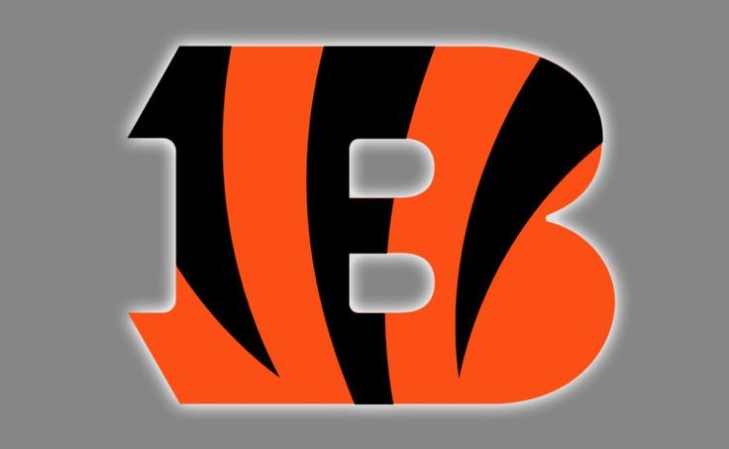
Committee Chairman
July 17 Update: Notinhalloffame MLB Cup Standings.
It is with great pleasure that we continue the third annual Notinhalloffame MLB Regular Season Cup, and let us explain how this works:
With every single regular season game, we anointed the best five players in the game with descending points, 5-4-3-2-1.
We knew the following:
- The top players for the MLB NIHOF Cup are not always the best in the league, as injuries keep players out of games, and a premium on staying healthy can help pile up points. It also does not hurt to be a top player on an average or mediocre team, as they can amass Cup points easier that elite players on loaded squads.
- In Baseball, it is more common than in Basketball and Hockey for a player to accrue points with a single Home Run in a game, and overall favors position players. Starting Pitchers have a hard time with approximately 30-35 Starts and throwing less innings than in previous generations. This also is true for closers, which is not made for this process.
- Please remember, that this is NOT necessarily who we think were the best players this year, and does not reflect overall consistency. Treat this the way did, as a fun process and more of a compilation of temporary statistical domination.
At present 906 (up from 886 last week) players have generated at least one Cup Point.
So, MLB players! Get your agents to work winning this into your contracts!
This is the ninth update, with standings as of the morning of July 17.
1. Shohei Ohtani: Los Angeles Angels, Designated Hitter & Pitcher: (Ranked #1 last week)
146 Cup Points, 92 Games, 1.59 Cup Points per Game, 34 Home Runs, 73 Runs Batted In, 11 SB, .301/.386/.665, 6.5 bWAR & 7-5, 3.32 ERA, 132 SO, 1.096 WHIP.
The Notinhalloffame Cup is built for Ohtani, who can compile points in two different avenues; the only one who can do so. Ohtani has been brilliant this week, and the chasm between the top spot and second spot continues to grow. Ohtani has cooled off with his Pitching, but is still third in Strikeouts (139). With his bat, Ohtani is the current American League leader in Home Runs (34), Triples (6), Slugging (.665), OPS (1.051), OPS+ (180) and Total Bases (236), while also being second in RBIs (73), fourth in OBP (.386) and seventh in Batting (.301). The AL MVP is his to lose.
2. Ronald Acuna: Atlanta Braves, Outfield: (Ranked #2 Last Week)
122 Cup Points, 92 Games, 1.33 Cup Points per Game, 23 Home Runs, 58 Runs Batted In, 43 SB, .333/.414/.583, 5.4 bWAR.
Acuna leads all National League batters in Stolen Bases (43), Runs Scored (82), Slugging (.583), OPS (1.007), OPS+ (167) Total Bases (219) and bWAR (5.4). He is also second in Batting (.333) and third in OBP (.414).
3. Mookie Betts: Los Angeles Dodgers, Outfield: (#6, Last Week)
111 Cup Points, 89 Games, 1.25 Cup Points per Game, 27 Home Runs, 65 Runs Batted In, 7 SB, .286/.387/.592, 4.5 bWAR.
Betts has been on fire going into the All-Star Game, where he took over the National League Slugging lead for a brief time. He is also second in OPS (.979) and sixth in OBP (.387).
4. Rafael Devers: Boston Red Sox, Third Base: (Ranked #3 Last Week)
103 Cup Points, 90 Games, 1.14 Cup Points per Game, 23 Home Runs, 73 Runs Batted In, 2 SB, .261/.330/.523, 2.0 bWAR.
Devers remains a surprise being so high as he was not in the All-Star Game, nor was considered a significant snub. He and is currently third in the AL in RBIs (73) and fourth in Home Runs (23).
5. (TIE) Corbin Carroll: Arizona Diamondbacks, Outfield: (Ranked #8, Last Week)
99 Cup Points, 89 Games, 1.11 Cup Points per Game, 18 Home Runs, 48 Runs Batted In, 26 SB, .284/.359/.534, 3.8 bWAR.
Carroll is running away with the National League Rookie of the Year Award, and it is only July! At present, the young Outfielder is sixth in the National League in bWAR (3.8), and is in the top ten in Slugging (.534), OPS (.894), Runs (64) and Stolen Bases (26).
5. (TIE) Juan Soto: San Diego Padres, Outfield: (Ranked #4, Last Week)
99 Cup Points, 90 Games, 1.07 Cup Points per Game, 15 Home Runs, 51 Runs Batted In, 6 SB, .262/.414/.478, 3.2 bWAR.
Soto is still the National League leader in Walks (86) and is second in OBP (.414) and eighth in OPS (.893).
7. Matt Olson: Atlanta Braves, First Base: (Ranked #7 Last Week)
98 Cup Points, 93 Games, 1.07 Cup Points per Game, 30 Home Runs, 77 Runs Batted In, 1 SB, .258/.360/.573, 2.6 bWAR.
Olson has the National League lead in both Home Runs (30) and RBIs (77) and he is also third in Slugging (.573) and fourth in OPS (.933).
8. Luis Arraez: Miami Marlins, Second Base: (#8, Last Week)
96 Cup Points, 80 Games, 1.13 Cup Points per Game, 3 Home Runs, 41 Runs Batted In, 1 SB, .380/.431/.468, 4.0 bWAR.
Arraez is the runaway leader in Batting Average and is also the National League leader in Hits (130) and On Base Percentage (.431). He also has a very impressive Slugging Percentage (.468) for a player with only three Home Runs.
9. Luis Robert: Chicago White Sox, Outfield: (Unranked, Last Week)
90 Cup Points, 92 Games, 0.98 Cup Points per Game, 27 Home Runs, 56 Runs Batted In, 8 SB, .276/.332/.575, 4.2 bWAR.
Robert makes a triumphant return to the top ten and is currently second in the AL in Home Runs (27) and bWAR (4.2). He is also third in Slugging (.575) and fourth in OPS (.908).
10. Jorge Soler: Miami Marlins, Outfield & Designated Hitter: (#9, Last Week)
89 Cup Points, 91 Games, 0.97 Cup Points per Game, 24 Home Runs, 52 Runs Batted In, 1 SB, .246/.346/.521, 1.5 bWAR.
Soler is playing more and more at DH this year, but he is providing the Marlins incredible offense. He is fifth in NL Home Runs (22), and seventh in Extra Base Hits (42).
Texas’ Marcus Semien fell out of the top ten.
Our next update will be the afternoon of July 24.
Our All-Time Top 50 Cleveland Browns have been revised to reflect the 2022 Season
Yes, we know that this is taking a while!
As many of you know, we here at Notinhalloffame.com are slowly generating the 50 of each major North American sports team. That being said, we have existing Top 50 lists out and we always consistently look to update them when we can and based on necessity. As such, we are very happy to present our post 2022 revision of our top 50 Cleveland Browns.
As for all of our top 50 players in football we look at the following:
1. Advanced Statistics.
2. Traditional statistics and how they finished in the National Football League.
3. Playoff accomplishments.
4. Their overall impact on the team and other intangibles not reflected in a stat sheet.
Last year, the Browns were a trendy pick to make it to the Super Bowl, but not only did that not happen, they failed to make the playoffs. This did not impact a new entrant occurring as well as two significant elevations from occurring.
As always, we present our top five, which had no changes.
1. Jim Brown
2. Otto Graham
3. Joe Thomas
4. Lou Groza
You can find the entire list here.
Joel Bitonio, who has starred on the Browns O-Line for the past half-decade, rocketed to #24 from #38.
Defensive End, Myles Garrett advances to #32 from 44.
Running Back, Nick Chubb, makes his first appearance at #44.
We welcome your input and comments and as always, we thank you for your support.
43. Nick Chubb
The Cleveland Browns have always loved their Running Backs, and if you are going to find a good one; a great place to look is an SEC power.
Chubb starred at the University of Georgia, and went early in the Second Round of the 2018 Draft to Cleveland. After a decent rookie year where he had 996 Rushing Yards, Chubb entered 2019 as the undisputed lead back. In his first four years, Chubb rushed for over 1,000 Yards, and had a career-high of 1,525 in 2022
Chubb's four-year streak of elite-level rushing came to an end in 2023 when he suffered a knee injury in week 2, and he was out for the rest of the season with a damaged ACL. He returned to play 10 games for the Browns in 2024, but only had 332 Rushing Yards. Chubb left the Browns for Houston as a Free Agent, and overall had 7,885 Yards From Scrimmage with 56 TDs.
Our All-Time Top 50 Cincinnati Bengals have been revised to reflect the 2022 Season
Yes, we know that this is taking a while!
As many of you know, we here at Notinhalloffame.com are slowly generating the 50 of each major North American sports team. That being said, we have existing Top 50 lists out and we always consistently look to update them when we can and based on necessity. As such, we are very happy to present our post 2022 revision of our top 50 Cincinnati Bengals.
As for all of our top 50 players in football we look at the following:
1. Advanced Statistics.
2. Traditional statistics and how they finished in the National Football League.
3. Playoff accomplishments.
4. Their overall impact on the team and other intangibles not reflected in a stat sheet.
Last year, the Bengals made it to their second straight AFC Championship Game, though could not make their second consecutive Super Bowl. 2022 brought us one new entrant and one elevation.
As always, we present our top five, which had no changes.
2. Ken Anderson
3. Geno Atkins
4. Ken Riley
You can find the entire list here.
Running Back, Joe Mixon went up ten spots to #35.
The lone new entrant is Quarterback, Joe Burrow, who debuts at #48.
We welcome your input and comments and as always, we thank you for your support.





